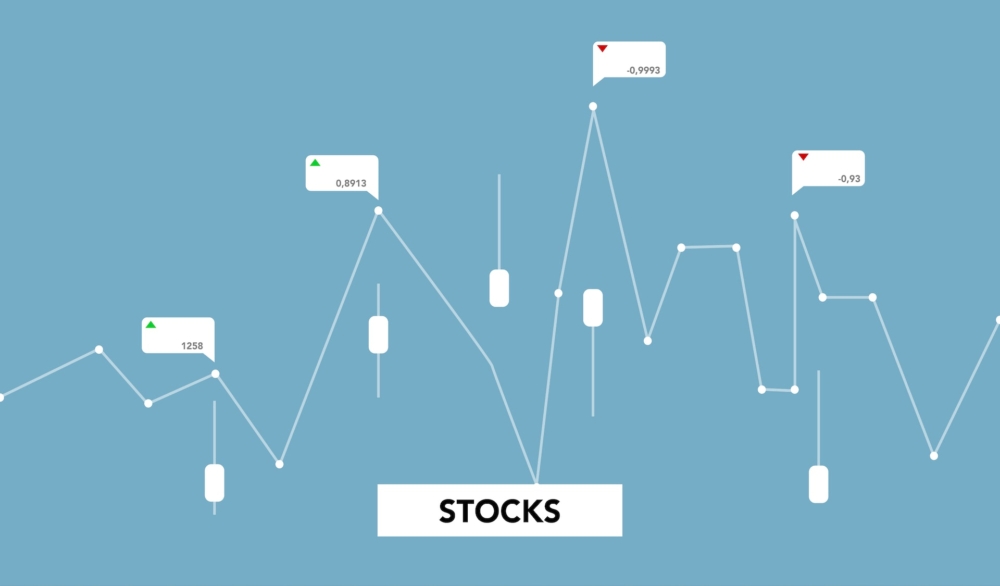
Stock Trading Strategies
Explore the world of stock trading, a widely embraced method for speculating on financial markets. Unveil the pathways to gain access to shares and acquire invaluable skills to embark on your journey as a proficient stock trader alongside our guidance.
Understanding the Role of a Stock Trader
Discover the diverse responsibilities and strategies employed by stock traders as they engage in the dynamic world of financial markets.
Exploring Different Approaches to Stock Trading
Uncover the various types of stock trading, each distinguished by distinct timeframes, techniques, and tools utilized by traders.
- Day Trading: Capitalizing on Short-Term Opportunities
Delve into the realm of day trading, where traders swiftly open and close positions within hours or minutes. This strategy focuses on profiting from the volatility and short-term fluctuations in the stock market, with all trades typically concluded by the end of the trading day.
- Swing Trading: Striking a Balance Between Short and Long Term
Learn about swing trading, a slightly longer-term approach characterized by speculative positions held over a few days or even a couple of weeks. Swing traders aim to capture both the broader trends influencing stock prices and the daily fluctuations that can lead to significant market movements.
- Position Trading: Embracing Long-Term Perspectives
Discover the patient strategy of position trading, where traders hold positions open for extended periods, often months at a time. This approach requires a deep understanding of macroeconomic events and the ability to identify overarching trends, enabling traders to capitalize on substantial shifts in share prices.
- Active Trading: Navigating Short-Term Market Dynamics
Explore the dynamic world of active trading, a broad term encompassing various short-term trading styles. Unlike passive or buy-and-hold investing, active traders execute quick buy-and-sell transactions, capitalizing on immediate market opportunities.
- Fundamental Trading: Assessing Market Context
Learn about fundamental trading, which utilizes a contextual approach to stock selection. Traders consider broader market events, company news, macroeconomic factors, and other fundamental analysis tools to identify potential stocks for trading or long-term investment.
- Technical Trading: Analyzing Price Patterns and Indicators
Uncover the technique of technical analysis, where traders use charts and technical indicators to evaluate specific price patterns before making trading decisions. This method provides valuable insights into a stock’s price behavior and market trends.
- Buy-and-Hold Trading and Investing: Long-Term Strategies
Discover the buy-and-hold strategy, favored by long-term traders and investors. By purchasing shares and holding onto them for years, traders aim to navigate market trends and capitalize on sustained growth over time.
By exploring these diverse approaches to stock trading, individuals can gain a deeper understanding of the strategies employed by traders in their quest for financial success.

Understanding the Factors Influencing Share Prices
Explore the fundamental principles governing the movement of share prices, which are driven by the dynamics of supply and demand in the market.
- Supply Factors Affecting Share Prices
Discover how the availability of shares and their scarcity play a crucial role in determining their prices. The principle of scarcity, known as the “law of scarcity” in economics, establishes that limited resources command higher prices, while abundant resources tend to be priced lower. The following supply factors influence share pricing:
- Number of sellers: When multiple sellers enter the market simultaneously, it can push down share prices. Additionally, an influx of sellers may signal potential troubles for a company, further depressing share prices.
- Share issues: When a company offers new shares to the public, the finite supply affects pricing. A smaller number of shares in circulation leads to higher prices.
- Share buyback: Companies can limit the number of shares available by repurchasing shares from investors and either redistributing or canceling them.
- Demand Factors Affecting Share Prices
Recognize that the desirability of shares determines their pricing, surpassing the intrinsic value of the company itself. Factors driving share demand impact their value and pricing. Key demand factors include:
- Company news: Earnings reports, company announcements, and other publicity significantly influence share prices. Positive or negative news related to the company can have a substantial impact.
- Industry occurrences: The overall performance of the industry in which a company operates affects share prices. Additionally, the success or failure of competitors can influence the prices of similar companies.
- Economic outlook: Broader economic factors that impact the entire market can influence share prices. Bullish market sentiments, high inflation, or interest rate hikes can drive prices up or down.
- Market sentiment: Investor and trader sentiments towards shares and other asset classes play a vital role in determining share prices. These sentiments can be influenced by factual information, trends, or prevailing market moods.
Maximizing Trading Success
While success in the stock market is never guaranteed, adopting certain strategies can enhance your chances of profitable trading:
- Conduct thorough research on stocks before making trading or investment decisions to gain insights into future movements.
- Maintain regular trading activity, combining passion and discipline to stay actively engaged in the market.
- Avoid trading based on emotions and instead make logical and deliberate decisions.
- Start with smaller trades and limited funds if you are a beginner, gradually increasing positions as you gain experience.
By understanding the factors impacting share prices and implementing effective trading strategies, individuals can optimize their chances of achieving success in the stock market.

